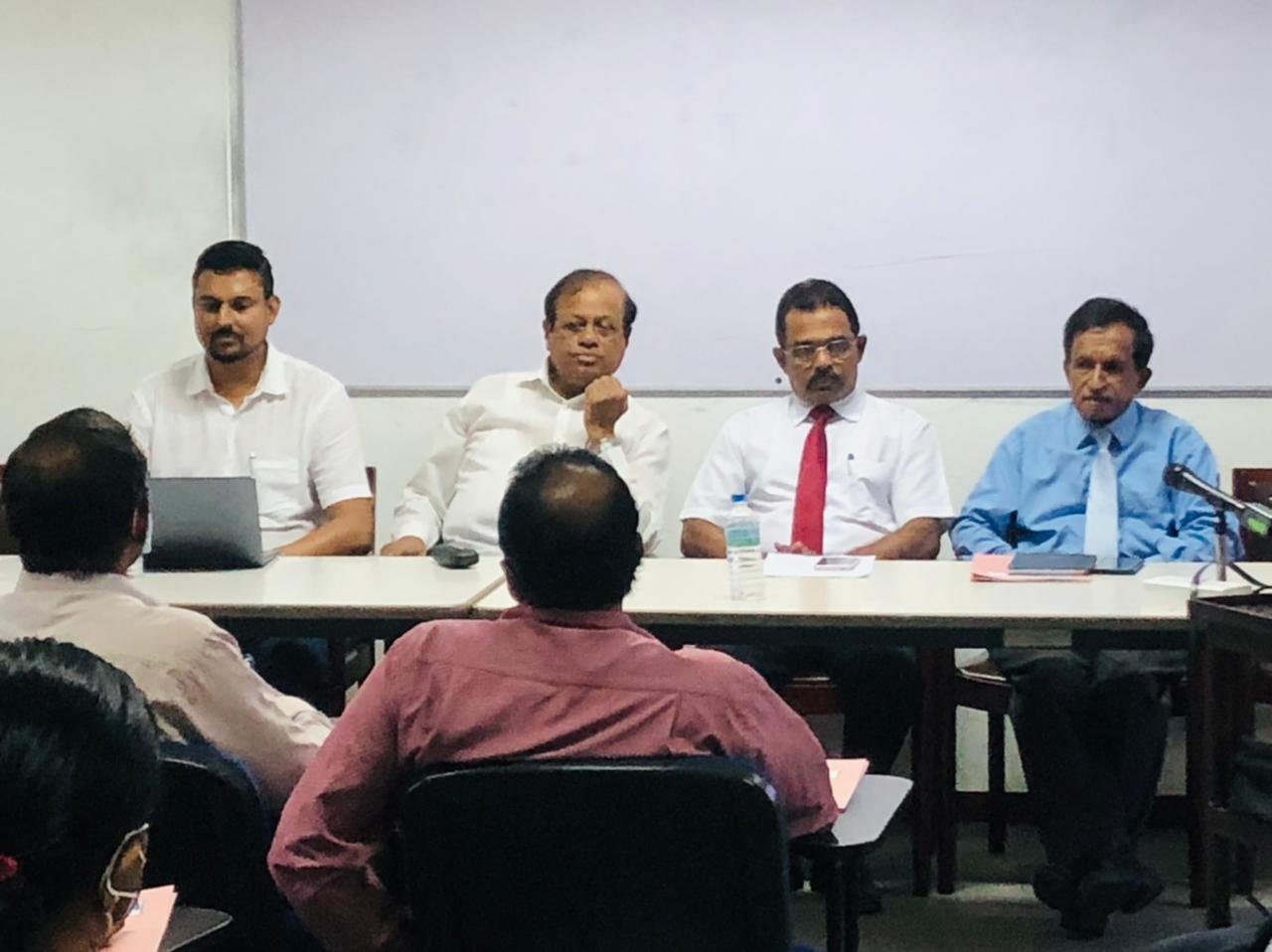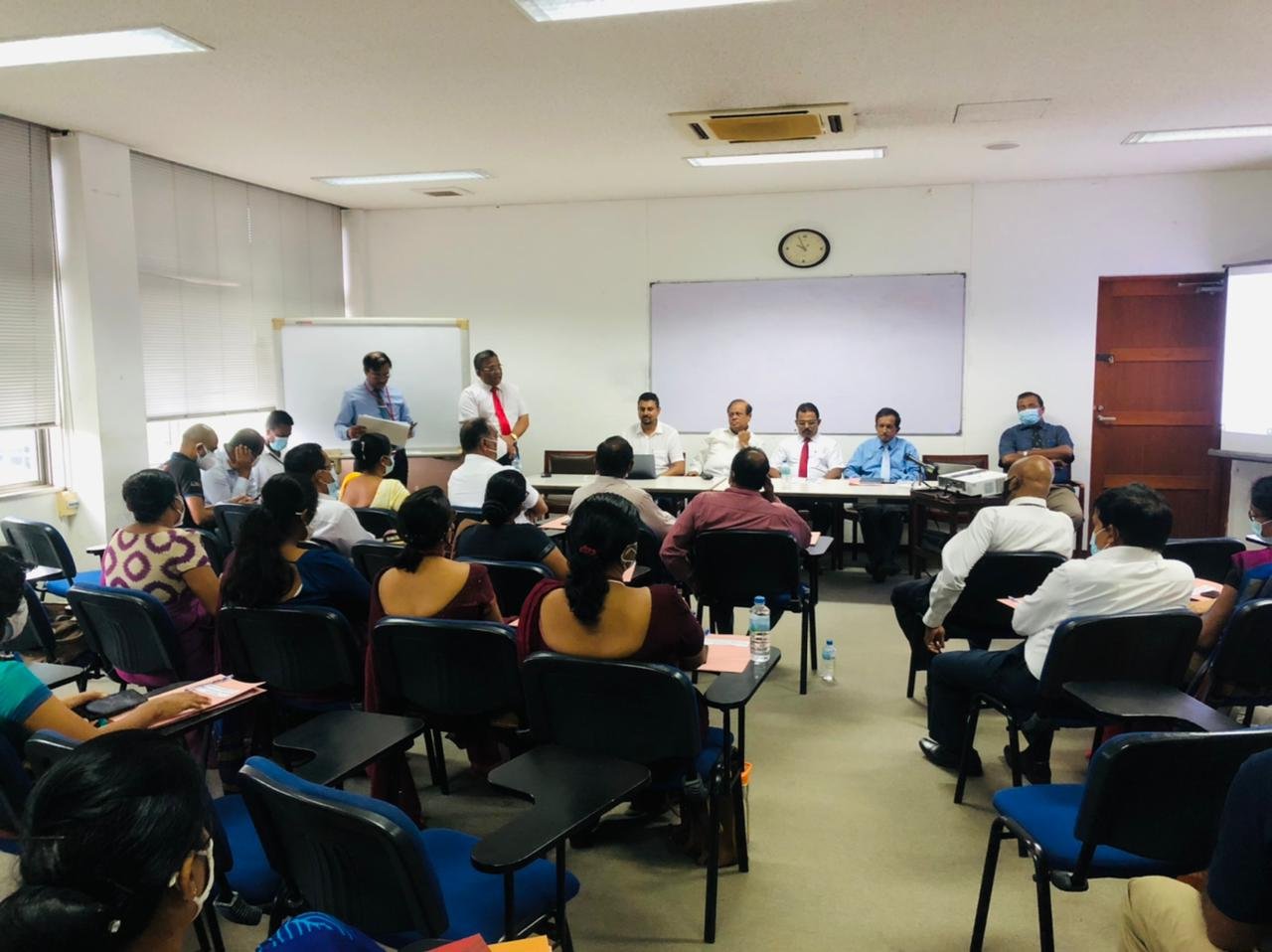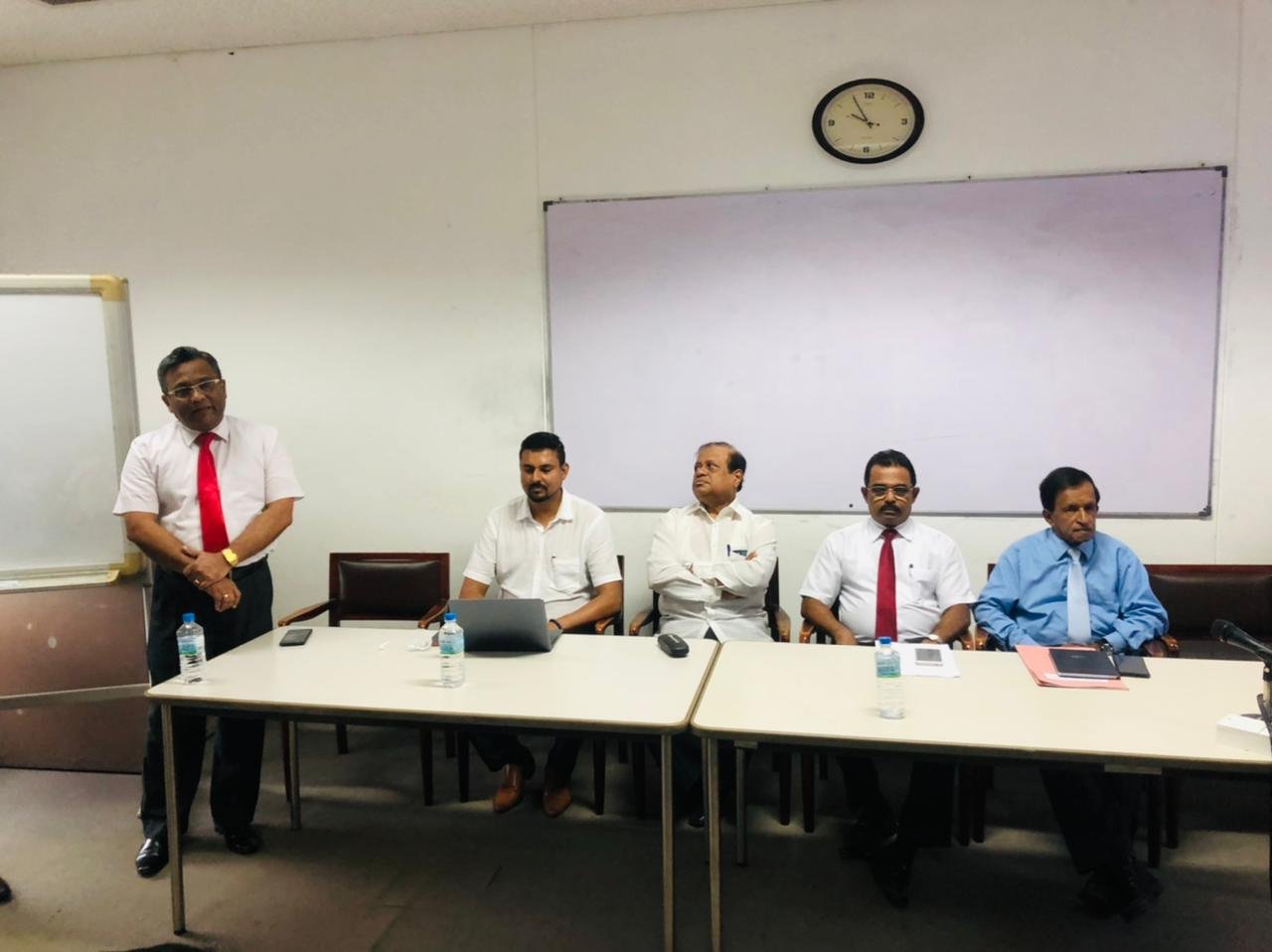Policy for Digital Transformation of Education and Sectoral Master Plans
The project, titled "Policy for Digital Transformation of Education," embarked on its journey in 2020 and continues to progress with unwavering determination. At its current juncture, the project is at the pivotal stage of finalizing and submitting the National Digital Education Policy and Sectoral Masterplans for cabinet approval. Engaging stakeholders has been a cornerstone of this initiative, and their valuable observations and feedback on the Policy for Digital Transformation of Education have been thoughtfully addressed. An updated version of the policy has been diligently submitted to the cabinet, incorporating constructive comments received during this critical phase. The project's ongoing activities encompass maintaining close communication with the Ministry of Education (MoE) and the crucial task of completing the master plans. Additionally, notable initiatives such as EDUCERT and the Education Blueprint have been set into motion, further propelling the project's overarching goals.
This project's genesis can be traced back to a profound recognition of the pressing need for digital transformation within the education sector. This imperative arose as a response to the glaring limitations of traditional educational systems brought into sharp focus during the post-COVID-19 era. The evolving requirements of learners, the imperative for innovative teaching methodologies, and the intricate nuances of educational management collectively necessitated a paradigm shift. Addressing these challenges called for a comprehensive educational policy reform, one that is firmly rooted in fostering innovative learning environments conducive to nurturing 21st-century skills. Consequently, the Policy for the Digital Transformation of Education was conceived, representing a collaborative endeavor that seamlessly integrated the Ministry of Education, the ICT Agency of Sri Lanka, and key stakeholders, including the IT industry. This policy's formulation journey commenced in March 2021 and underwent rigorous rounds of reviews. Subsequently, sub-committees comprising prominent stakeholders from the education sector and the IT industry were convened to meticulously craft the masterplans.
The project's objectives are resolute in their pursuit of facilitating the harmonious integration of digital technologies across the Sri Lankan education landscape. The overarching aim is to foster an environment that not only produces graduates ready for gainful employment but also eliminates redundant, isolated investments in education. Through this unified approach, the project seeks to establish a sustainable mechanism for meticulously monitoring the progress of development initiatives.
Recognizing the diversity and disparities prevalent in Sri Lanka, the project's scope wisely acknowledges that a one-size-fits-all approach to digital transformation is impractical. Factors such as the digital divide, uneven resource distribution, socio-economic disparities, and varying degrees of digital infrastructure accessibility demand a nuanced strategy. Responding to this challenge, the ICT Agency of Sri Lanka introduced the Cluster Readiness Index (CRI) in 2021, serving as a benchmark for technology readiness assessment at the provincial level. Building upon this foundation, the District Digital Readiness Index (DDRI) was initiated in collaboration with the Department of Census and Statistics (DCS). This innovative tool assesses district-level readiness, drawing insights from key stakeholders. The DDRI, in essence, becomes the regional yardstick for program prioritization, resource allocation, and the rigorous monitoring and evaluation of digital transformation initiatives at the grassroots level.
The project's cast of stakeholders and partners is comprehensive and diverse, encompassing the Ministry of Education, industry associations, IT companies, NGOs, donor agencies, and other influential stakeholders. This multi-pronged approach underscores the project's commitment to drawing on a broad spectrum of expertise and resources to achieve its ambitious goals.
The project's target audience is vast, spanning the entire education ecosystem. From the secondary and tertiary education sectors to vocational training, this initiative aspires to leave no stone unturned in its quest to foster digital transformation.
Looking forward, the project's vision is to nurture an ecosystem that fosters rapid digital transformation within the education sector. Ultimately, this endeavor aims to cultivate a workforce that is not just prepared for the future but actively shapes it. In a world defined by ever-evolving technology, the "Policy for Digital Transformation of Education" stands as a beacon of progress, guiding Sri Lanka's education sector toward a brighter, digitally enriched future.
Project Images





